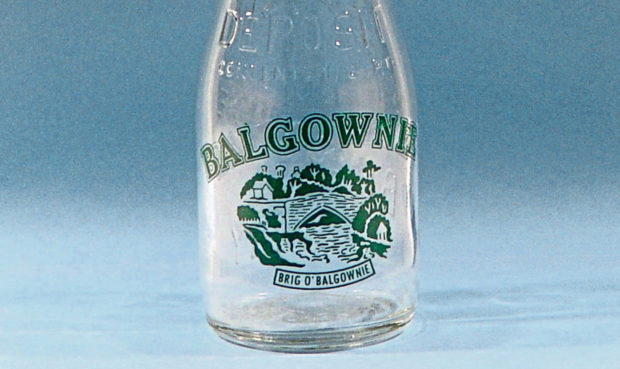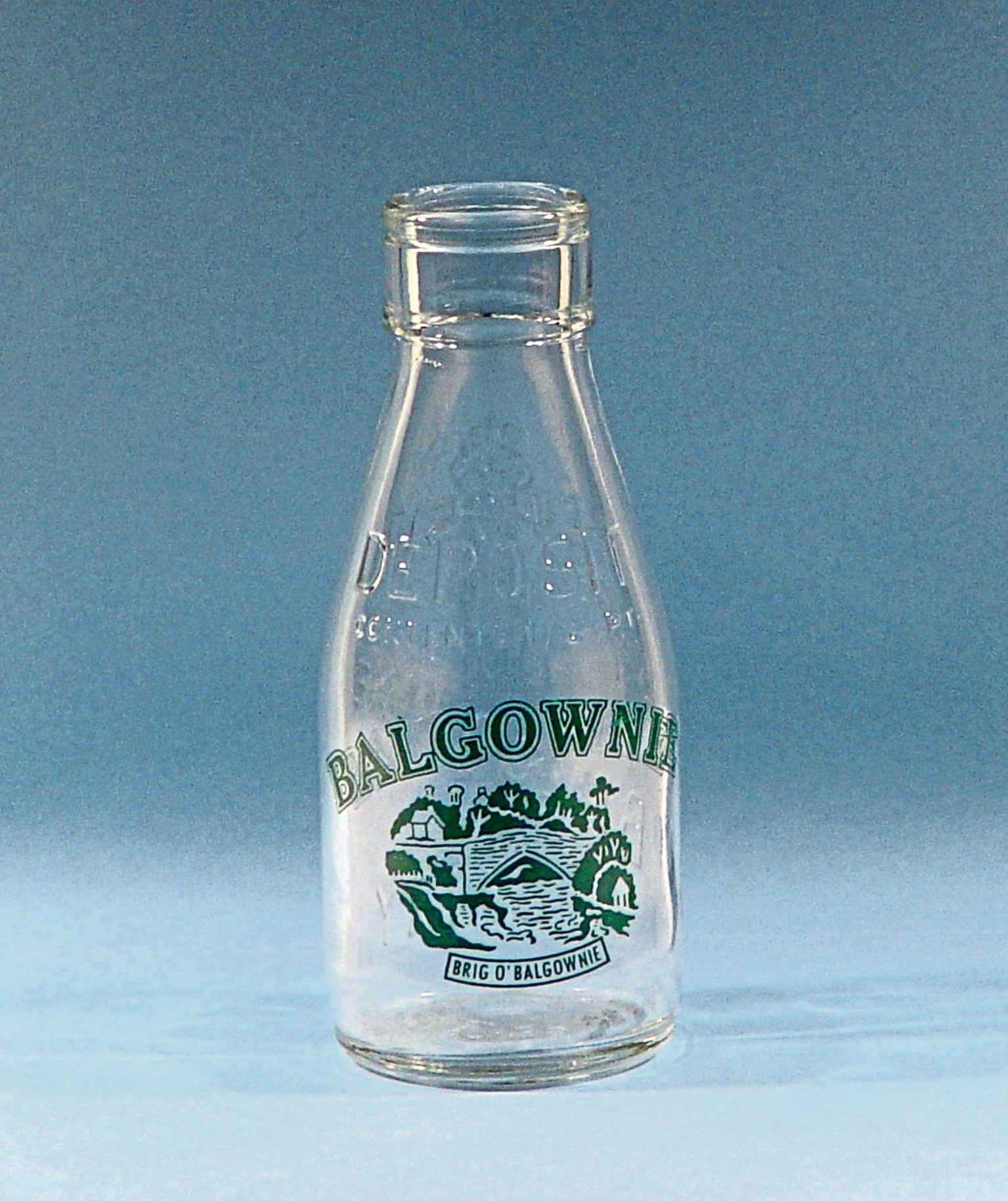Recent media reports informed us that communities in the Western Isles are introducing a “zero waste” attitude to packaging – quite simply, they do without it!
Shoppers are encouraged to take along their own aluminium containers for liquid products, and boxes and bags for things like washing powders, soap, and other items.
This is a welcome change to our shopping habits, especially after the advent of supermarkets with their integrated distribution chains which discouraged such behaviour. There have been other shifts in how we shop – economics, fashion, new technology and Covid-19 have all played a part in this.
News bulletins have also recently carried reports that as more of us shop online – £3 out of every £5 spent in the UK apparently – the quantity of packaging used to ensure these items arrive undamaged is outstripping supplies of it.
One commentator declared that the industry will need to adapt to this situation speedily if the wheels of commerce are to continue to turn.
There was a time, not so long ago, when we bought things in containers capable of being reused multiple times. Milk or drinks were classic examples, and it’s great to see people starting to have their milk delivered again.
The system worked by the retailer adding a small charge that would be returned to the purchaser when they took the bottle back. Such “deposits” became the economic activity of generations of enterprising children who would scour the town for discarded bottles and take them back to the local shops to claim the deposit. This was usually immediately exchanged for a bar of chocolate.
Each of Aberdeen’s dairies had its own distinctive bottles to encourage their return.
This half-pint milk bottle was used by the Balgownie Dairy, established in the 19th Century at Balgownie Home Farm. This bottle dates from 1960 but still carries its branding.
A message moulded into the glass says that a deposit of 2d would be paid against its safe return to allow it to be refilled and sold again – about 39p in today’s money.
Another example of return for reuse is that relating to the Heslop Brewery at 17 Errol Street, Peterhead. The business started in the 1870s and lasted until the outbreak of the Second World War when it was bought over by Ushers.
They made a variety of products including a popular ginger beer which was sold in this type of bottle. The label makes it clear that the bottle itself belongs to Heslop and should only contain a Heslop product. The bottle itself is made of stoneware and was made at the Eagle pottery between 1889 and 1923.
Climate Week Northeast continues until March 21. Find out more about how you can help reduce, reuse and recycle at www.climateweeknortheast.org
Do you remember having milk delivered to your door? Visit our collections pages at www.aagm.co.uk and enter “milk bottles” for a huge range of bottles from local dairies – perhaps you’ll recognise some?

